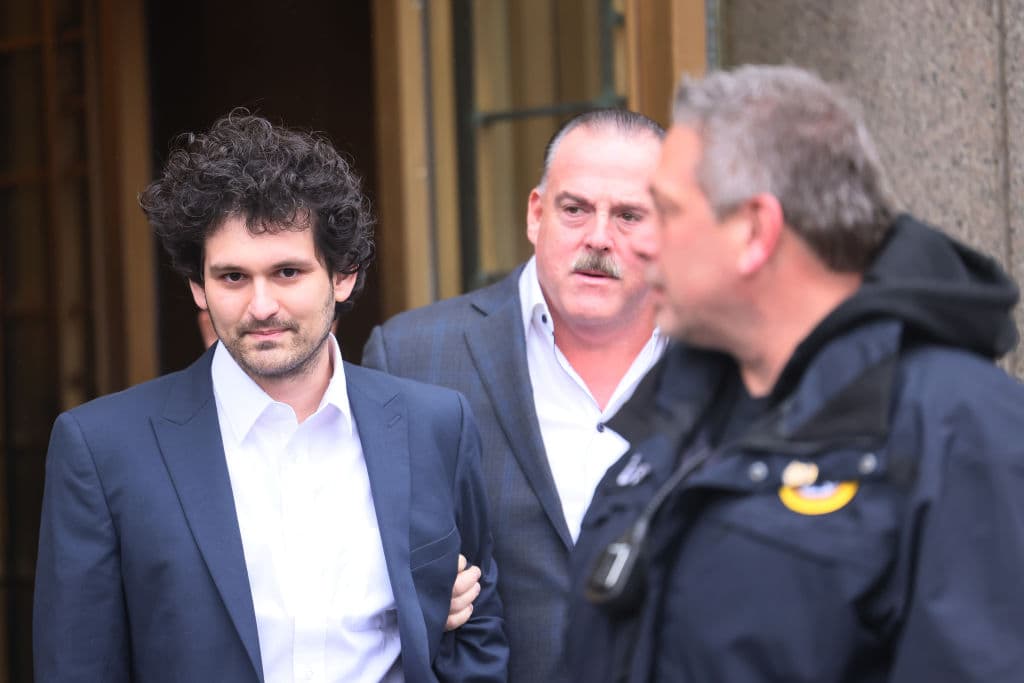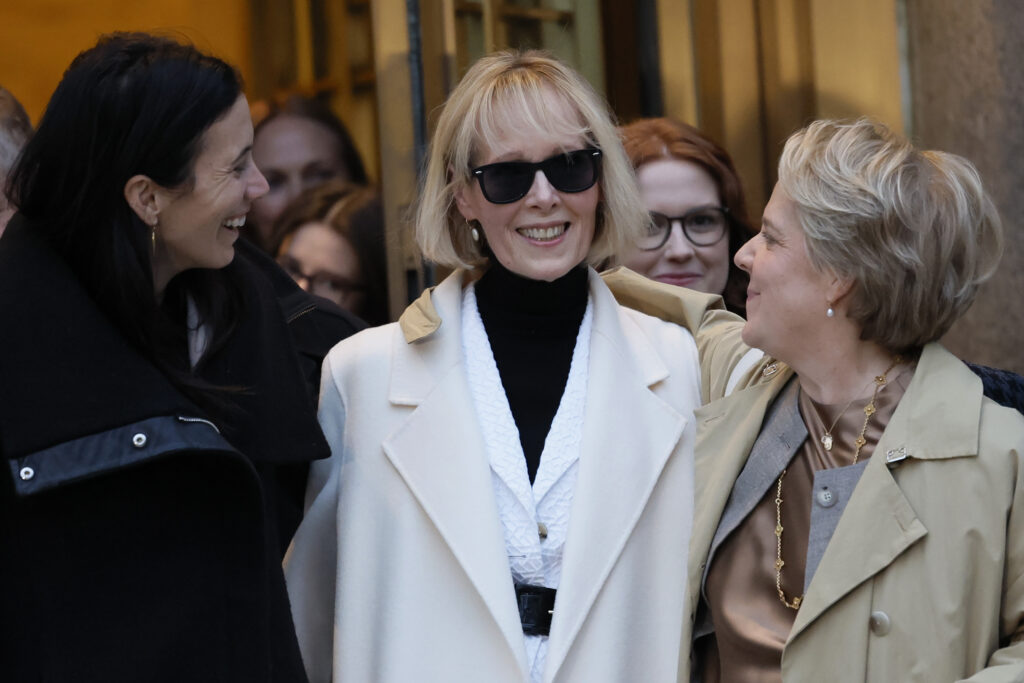Trump and Sam Bankman-Fried Mount Separate Criticisms of Same Judge as President-Elect and Fallen Crypto King Push for New Trials
The Second Appeals Circuit now has two high-profile defendants whose fates ride on its review of the judgment of a judge.

The Southern District of New York, seeking to lock in Sam Bankman-Fried’s seven convictions for fraud and conspiracy, is insisting in a filing with the Second United States Appeals Circuit last week that the 32-year-old crypto tycoon got a fair shake at his trial.
Bankman-Fried disagrees. He appealed those verdicts to the Second United States Appeals Circuit, contending that Judge Lewis Kaplan’s stewardship of the trial violated his due process rights. His lawyers argue that the judge “made little pretense of objectivity or even-handedness” and called for the guilty verdicts to be reversed and for the case to be remanded for a new trial before a different judge.
The fallen mogul’s appeals brief also insists that Bankman-Fried “was never presumed innocent. He was presumed guilty by the judge who presided over his trial.” Bankman-Fried argues that he was hit by a “sentence first-verdict afterwards tsunami.” He reports that Judge Kaplan “repeatedly made biting comments undermining the defense.”
Judge Kaplan, who is a senior district judge, represented cigarette maker Philip Morris before President Clinton named him to the bench. In addition to the cases against Bankman-Fried, the judge also oversaw the trial against Prince Andrew for sexual assault. President Trump also contends that Judge Kaplan did not give him a fair shake in his two civil cases against the writer E. Jean Carroll.
Trump was found not liable for rape but liable for sexual abuse and twice for defamation. He was ordered to pay Ms. Carroll more than $80 million. Trump appealed, and the Second Circuit heard oral arguments in September.
Trump on Truth Social called the judge a “Clinton appointed, highly partisan, Trump Hating Judge,” and “one of the most partisan and out of control activists that I have ever appeared before.” The judge called Trump’s arguments “entirely without merit both as a matter of law and as a matter of fact.”
In Bankman-Fried’s case, the government reminds the circuit riders that he “was convicted of orchestrating one of the largest frauds in history, stealing more than $8 billion from the customers of his cryptocurrency exchange, FTX.com.” Prosecutors argue that Bankman-Fried misappropriated funds from FTX to an investment fund, Alameda Research, which then sustained heavy losses.

Bankman-Fried insists that he did not commit fraud and that FTX was solvent even after the run on its accounts. He also contends that the rush to push the exchange into bankruptcy proceedings was a financial disaster that immolated billions of dollars in value that could have been used to make customers whole.
Prosecutors secured cooperation agreements with several of his lieutenants — including his former girlfriend, Caroline Ellison. They also argue that “many if not most FTX customers will never get back either the amount of actual fiat money they deposited with FTX nor the value of the cryptocurrency they were falsely told their deposits had been used to purchase.”
Bankman-Fried alleges that FTX’s law firm, Sullivan & Cromwell, worked with prosecutors to build their case while earning hundreds of millions of dollars in fees via bankruptcy proceedings. The Department of Justice’s bankruptcy examiner denies that account and writes that he “has not seen any email or other document in which S&C expressly disclosed a crime to prosecutors.” Sullivan & Cromwell declined to comment to the Sun.
The central issues on appeal, though, relate to Judge Kaplan’s judgement. Bankman-Fried, in seeking a new trial, has a high standard to meet. Precedent holds that an appellate court must find an abuse of discretion in evidentiary matters — what to admit before a jury — “only where the trial judge ruled in an arbitrary or irrational fashion.”
Bankman-Fried asserts that standard is met by Judge Kaplan’s jury instructions, restrictions on the defendant’s ability to call expert witnesses, and the holding of a hearing out of earshot of the jury where prosecutors enjoyed the ability to cross-examine the defendant. Judge Kaplan at sentencing — 25 years without parole — likened Bankman-Fried to “a thief who takes his loot to Las Vegas.”
The government’s appellate brief doubles as a defense of Judge Kaplan. It argues that it was “well within Judge Kaplan’s broad discretion to exclude evidence that was irrelevant and likely to confuse the jury.” Prosecutors maintain that “Bankman-Fried defrauded FTX customers the instant he transferred their funds to Alameda, regardless of how strongly he believed he might later return the property.” He argues that his lack of intent to defraud is salient.
Bankman-Fried and Judge Kaplan also clashed on whether the 32-year-old erstwhile billionaire could introduce evidence that lawyers “were involved in reviewing and approving decisions related to several matters at issue in this case, which gave [Bankman-Fried] assurance that he was acting in good faith.” The judge ruled that he could not in the absence of a “formal advice of counsel defense.”
The government writes that “there is nothing unusual about district courts excluding evidence that tends to suggest lawyers blessed the charged conduct, absent some evidence that the lawyers actually did so.” The Department of Justice concludes by asserting that “the swiftness of the jury’s verdict and the length of the District Court’s sentence … were the product of the overwhelming evidence of Bandsman-Fried’s guilt of very serious crimes.”
The Second Circuit on Monday granted Bankman-Fried an “extension of time to file an oversized reply brief” to the government’s more than 100-page doorstopper. That is due by January 31. Meanwhile, the circuit riders could issue a ruling on Trump’s appeal any day.
One of them, Danny Chin, appeared skeptical toward him during oral arguments in September. He declared that, in language Bankman-Fried likely hopes is not repeated in his case, “it’s very hard to overturn a jury verdict based on evidentiary rulings … so why should we order a new trial here?”

